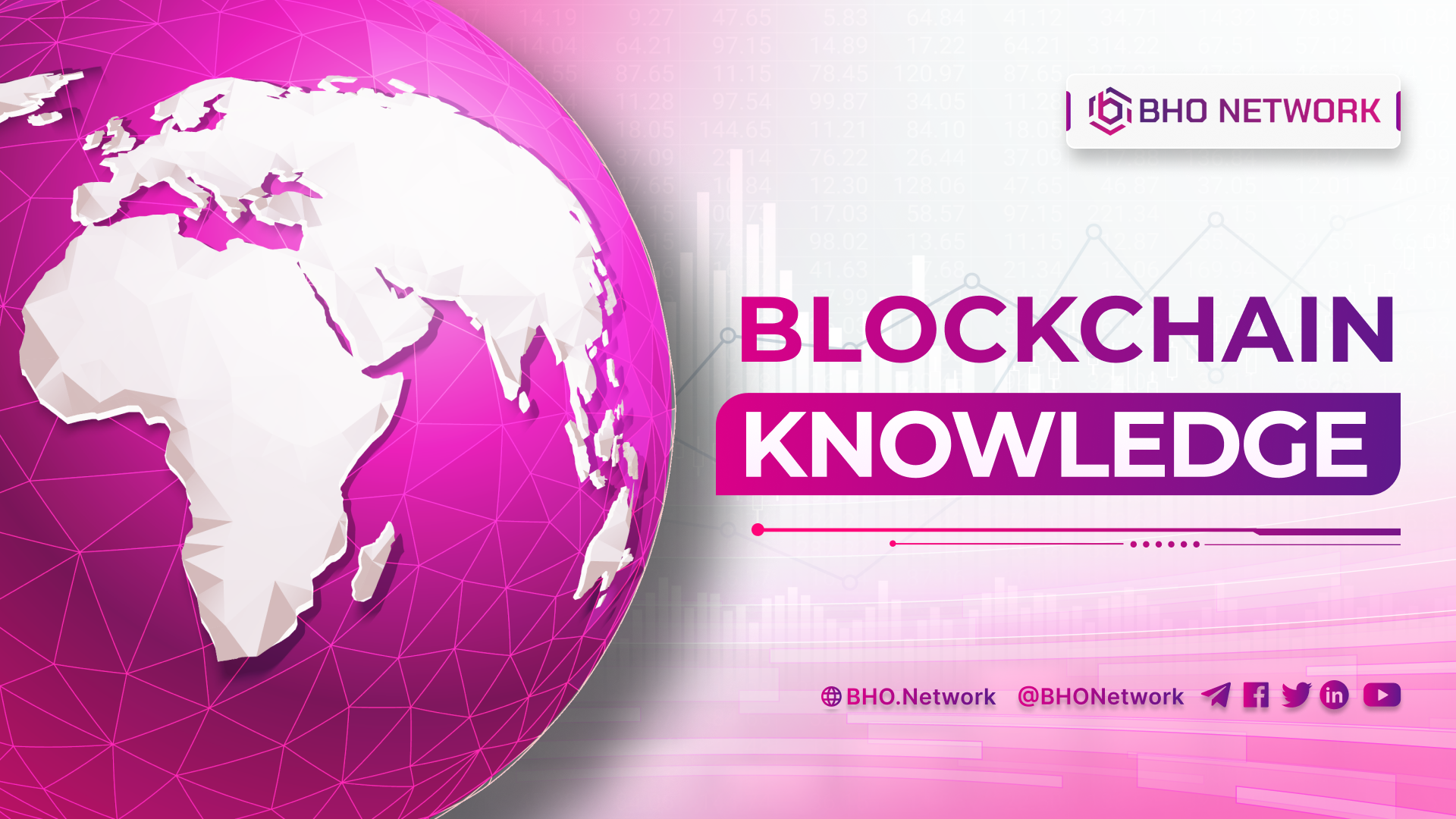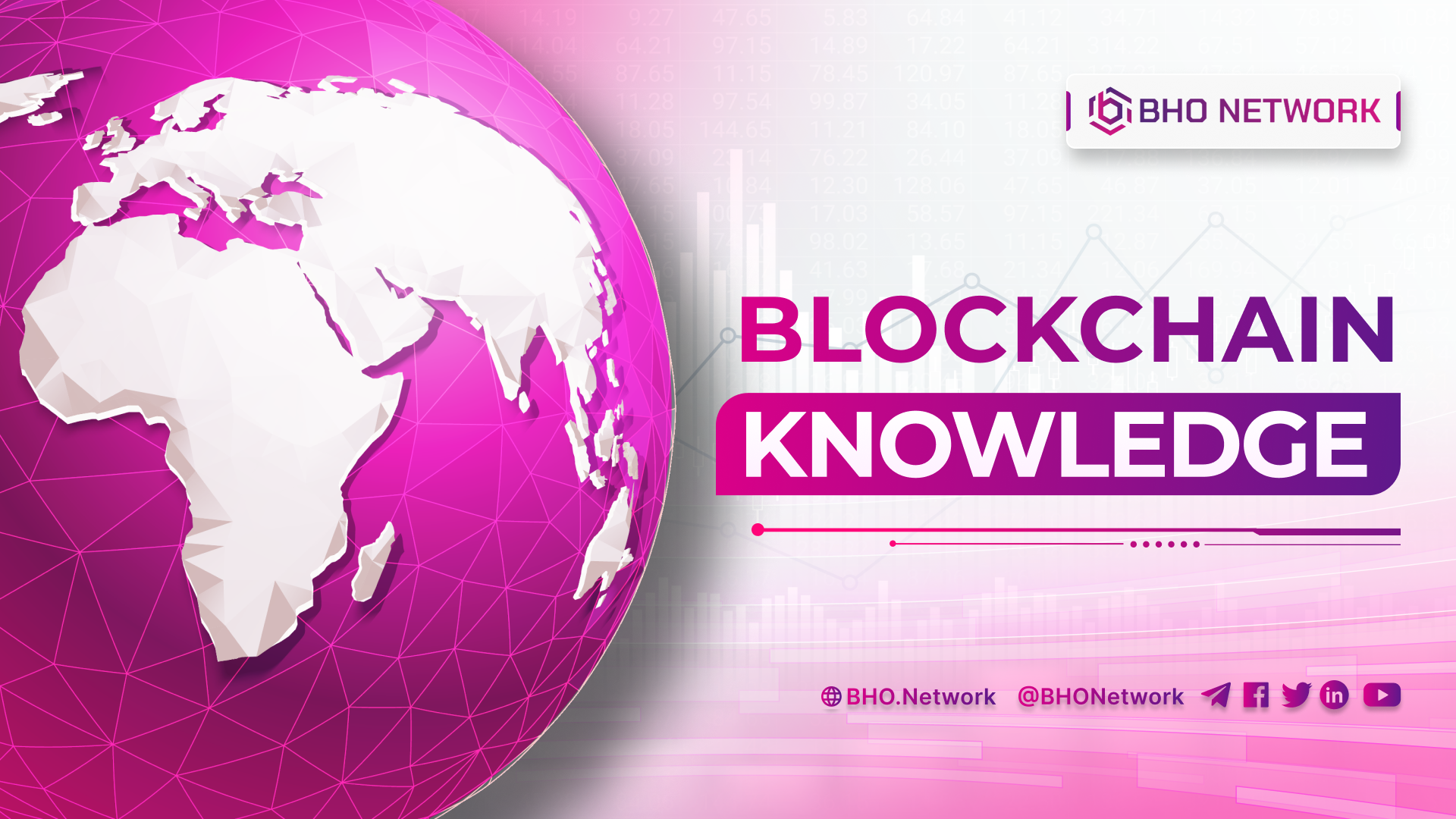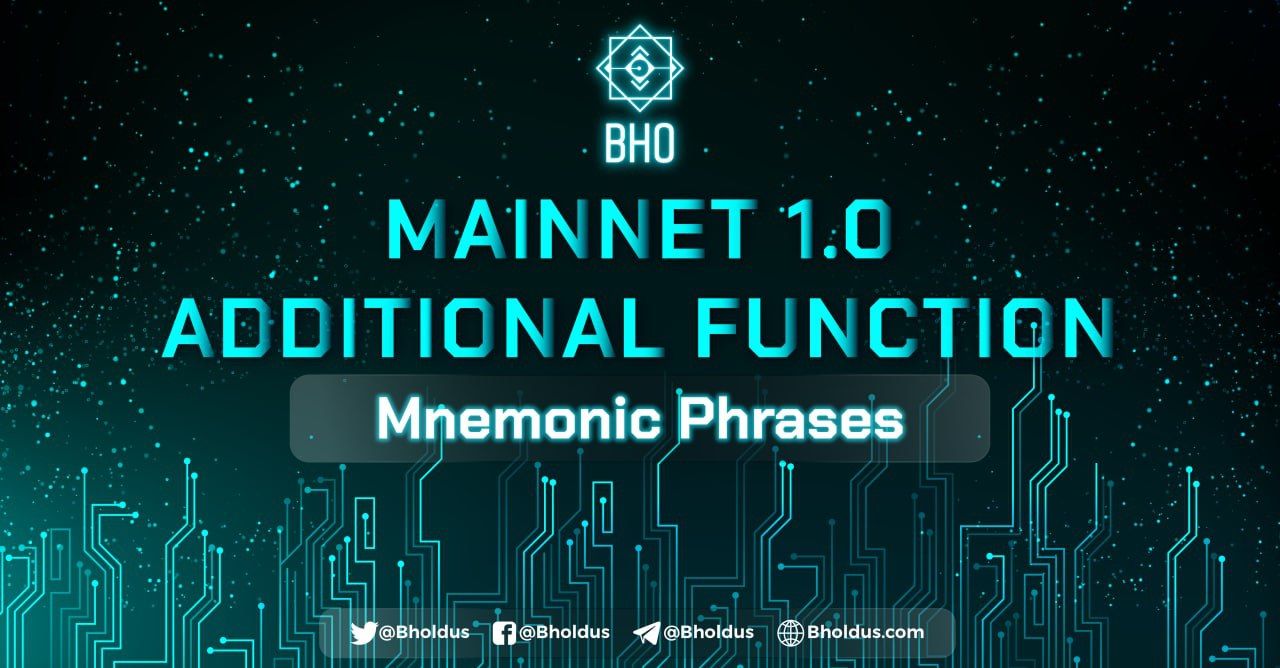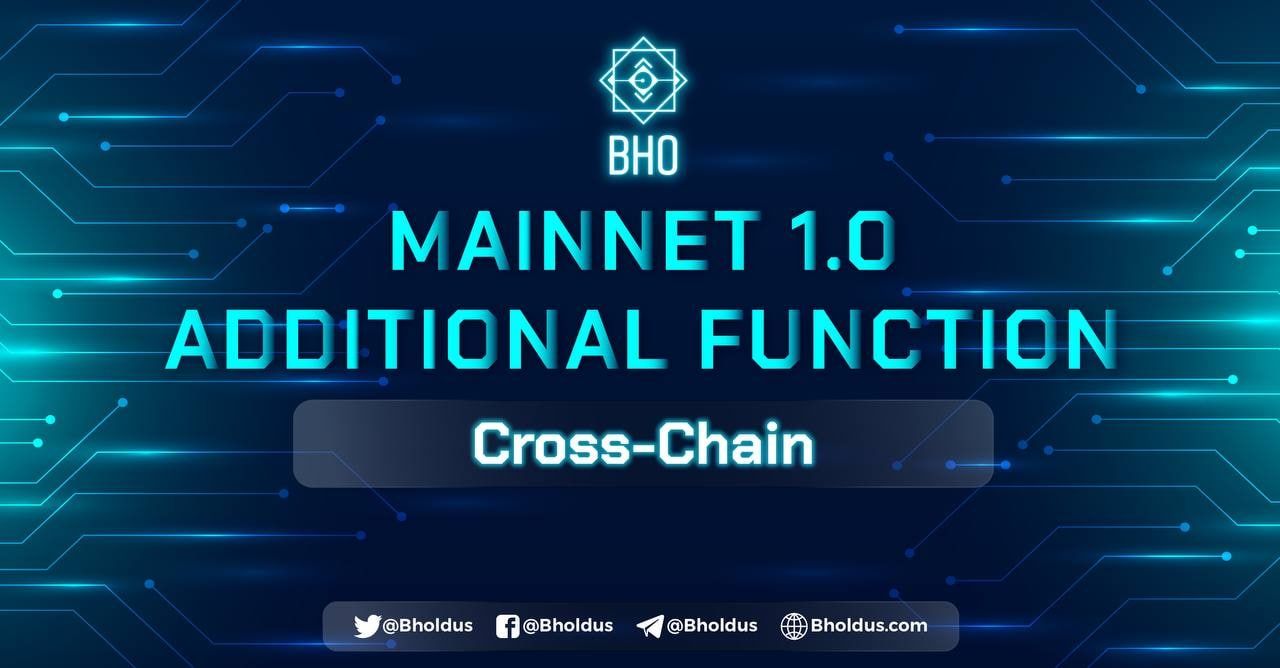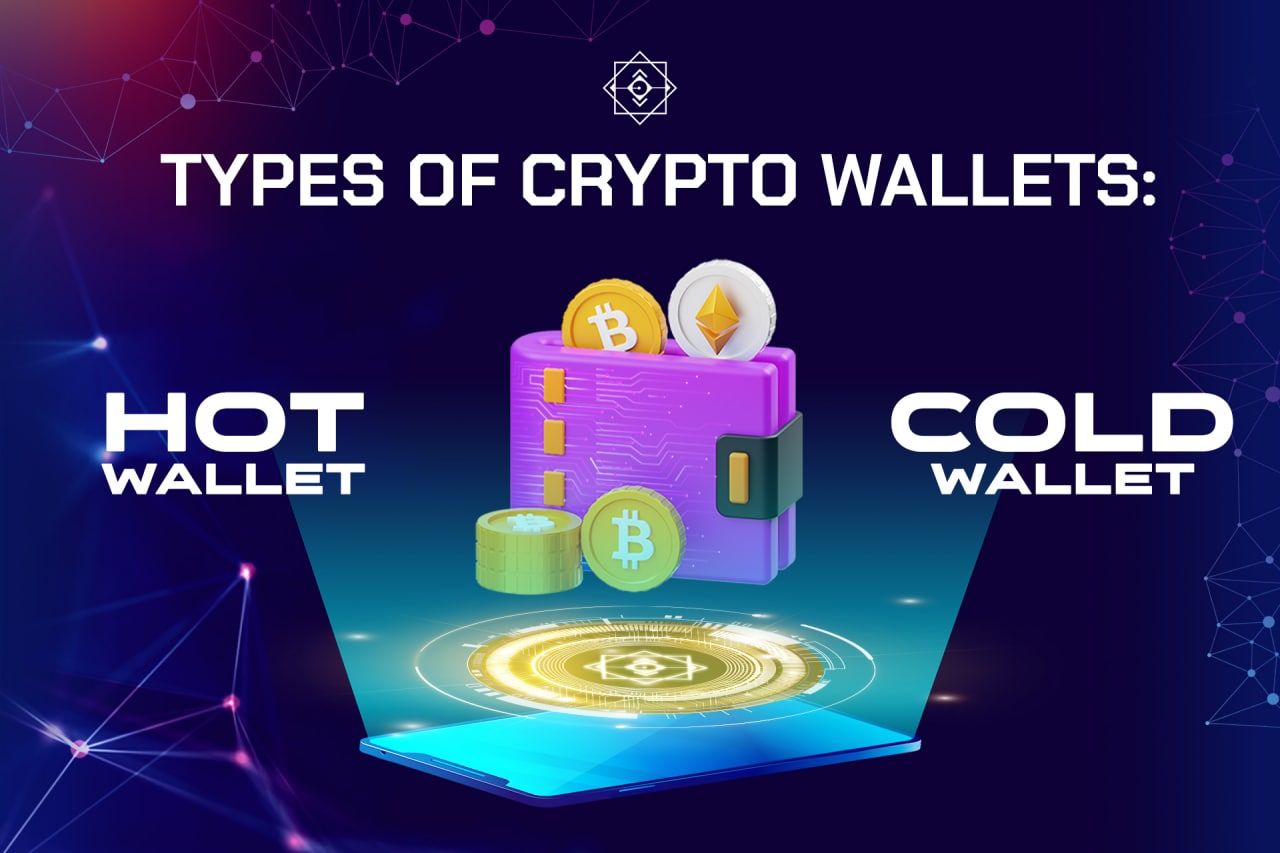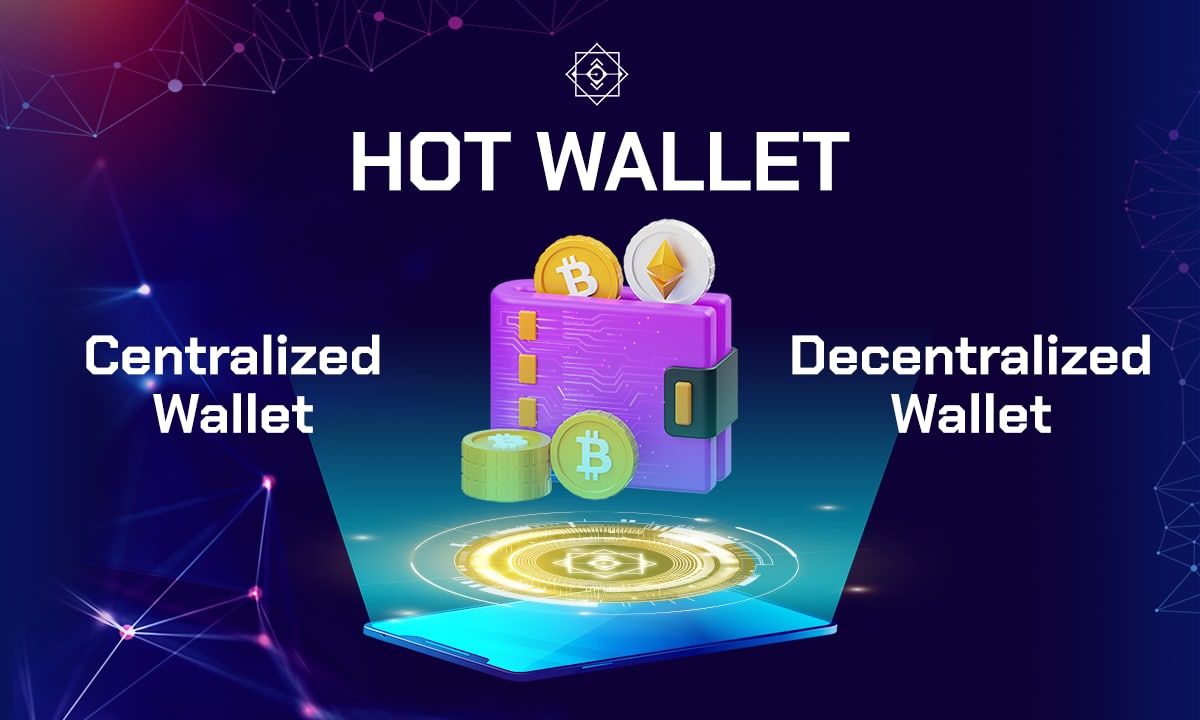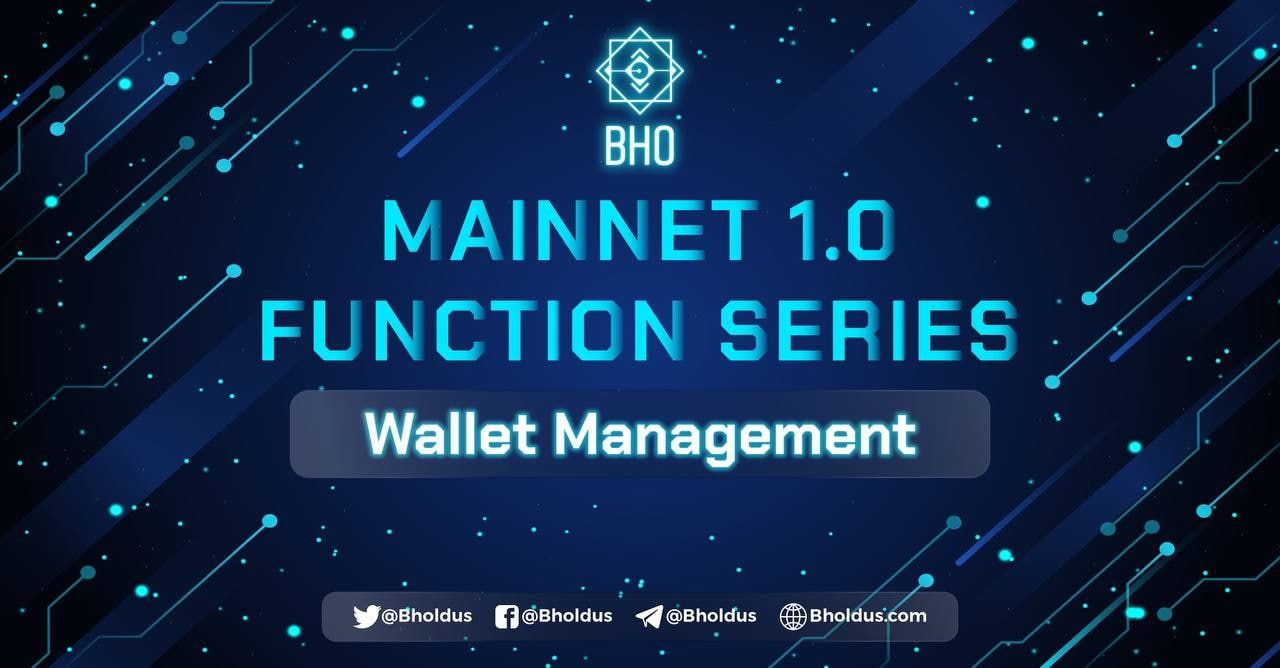- Blog
- Crypto News
- What is a crypto wallet? All you need to know about crypto wallets
What is a crypto wallet? All you need to know about crypto wallets
- What is a crypto wallet?
- Components of a crypto wallet
- Public Key - Wallet Address
- Private Key
- Seed phrase
- Mechanics Description
- Crypto wallet classification
- Centralized wallet
- Decentralized wallet
- Hot wallet
- Cold wallet
- Multi-chain wallet
- Why you need to use a crypto wallet
When trading in the crypto market, you need to store coin/token assets on a crypto wallet. So what is a crypto wallet? How important are crypto wallets? In this article, BHO Network will provide everything you need to know about crypto wallets.
What is a crypto wallet?
A crypto wallet is a software used to store information that allows sending, receiving and tracking balances of coins/tokens.
In simpler terms, a crypto wallet is like a bank account, but this wallet has higher security. Thanks to the information encryption mechanism, the owner of the wallet cannot be identified, and the money is stored in the wallet in the form of coins/tokens.
Components of a crypto wallet
Crypto wallets have three main components: Public Key, Private Key, Seed Phrase.
Public Key - Wallet Address
Public Key, also known as wallet address, is random information consisting of alphanumeric characters. A Public Key is used similarly to a bank account number. You will use the Public Key so that someone can send coins/tokens to your wallet.
In addition, the Public Key is also considered as the user's address on the blockchain network. However, different blockchain wallet addresses will have different structures depending on the network. If networks are built from EVM Compatible, they will usually start with 0x…, while non-EVM networks will be a random string of characters.
Private Key
Private Key is also a random string of numbers and letters to connect a wallet. A Private Key, as its name suggests, will be used secretly to log into the wallet. To put it simply, a Private Key is like a bank password, but while the bank password can be changed, the Private Key cannot.
The structure of the Private Key is not based on any standards, it is just a random string of characters, whether in the same network or not.
When using wallets across platforms, you need to store your Private Key as this will be the only key to access your crypto wallet. In addition, you must not reveal this code to anyone. If you lose your Private Key, you will no longer be able to access the wallet.
Seed phrase
Seed phrase, Passphrase, Mnemonic or Recovery phrase are all popular terms when using a crypto wallet. Although those terms have different names, they all have the same effect of creating a secure key phrase for the wallet. This keyword phrase will consist of random English words of 12 or 24 words. However, wallets will have different decryption mechanisms to give different wallet addresses. Therefore, it is necessary to carefully record the Seed phrase used for which wallet in order to restore the correct wallet.
A Seed phrase example: convince between family solve into slam labor boy demand song october sun
With the same Seed phrase as above:
- When using Trust wallet, this will be the wallet address: TPza8thrTfG64XzyZoMbGEjpuyaBUJBsN9
- When using 3S Wallet, this will be the wallet address: PLza5cklTfGa4XzyZoMbGEjpuyertnkHFHS9N9
Mechanics Description
Blockchain is essentially a public ledger that stores data in the form of "blocks". These are records of all transactions, balances held at any given address, and who holds the keys to those balances.
The coin/token is not actually stored "in" the wallet. These coins exist on a blockchain, and wallet software allows you to interact with balances held on that blockchain. Wallets themselves only store addresses and allow their owners to transfer funds elsewhere while also allowing others to view balances held at any given address.
While each crypto wallet has a few distinct characteristics, most have the following features related to sending or receiving funds:
- To receive funds, you need to get an address (also known as a public key) from your wallet. Find the "generate address" feature in your wallet, click it, then copy the alphanumeric address or QR code and share it with the person who wants to send you crypto.
- To send money, you need the address of the receiving wallet. Find the "Send" feature in your wallet and enter the address of the wallet you intend to send money to. Select the amount of crypto you want to send and click "Confirm". You should consider sending a small test transaction before sending a large amount of crypto.
- Note that sending coins/tokens will require a fee that will be paid to the network in exchange for processing the transaction.
Sending money via QR codes or long strings of numbers and letters may seem strange at first, but after doing it a few times, the process becomes quite simple, and can avoid mistakes by missing characters when copying, or having some malicious code that can change characters during your copy.
Crypto wallet classification
Centralized wallet
A Centralized Wallet is often used when you trade coin/token on centralized exchanges (CEX) such as Binance, FTX… (Similar to using bank cards at banks)
When you create an account on any exchange, the exchange will automatically create a wallet that allows you to trade all coins/tokens listed on the exchange. You just need to use the correct coin/token you want to deposit, withdraw or trade. Therefore, you don't need to remember the private key, just remember the login information to the exchange.
Pros: No need to create a crypto wallet, just create a trading account
Cons:
- Security is not as high as decentralized wallets.
- Your crypto wallet will be 100% controlled by the exchange.
- Risk from a 3rd party (the exchange) if problems occur.
Decentralized wallet
Decentralized wallet has two types: hot wallet and cold wallet.
Hot wallet
A type of software wallet, you can make a transaction anytime through an internet connection.
- Pros: More variety and options, and easy to connect via wallet extensions on browsers or mobile apps
- Cons: Easier to be attacked by hackers than cold wallets because the data about the Private Key is stored right in the Extension or App and is always connected to the network.
Cold wallet
A graspable physical wallet shaped like a USB. Cold wallets work similarly to a bank account. Automatically receive money when someone sends you money when not connecting the wallet. To check, connect your wallet to a computer with internet
- Pros: Higher security.
- Cons: Lack of flexibility in use and high cost.
Multi-chain wallet
A multi-chain wallet is used to support many coins/tokens that can be used on different blockchains at the same time. Multi-chain wallets make it easier to manage coins/tokens because only 1 passphrase needs to be stored for multiple wallets.
For example, 3S Wallet already supports many networks such as: Ethereum, Binance Smart Chain, Polygon, Fantom, Avalanche, Optimistic, Arbitrum, Cronos, Solana and BHO Chain. Not stopping there, 3S Wallet will continue to support more networks in the future to bring the most convenience to users.
Why you need to use a crypto wallet
Unlike regular wallets, which can hold actual cash, as described in the operation section, crypto wallets do not store your coins/tokens. Thus, your assets are on the blockchain, but can only be accessed by crypto wallets via Private Key.
Your keys prove ownership of your coins/tokens and allow you to make transactions. If you lose your private keys, you will lose access to your funds. That's why it's important to keep your crypto wallet safe or use a trusted wallet provider.
Currently, BHO Network is also providing 3S Wallet - a crypto wallet with outstanding features such as: multi-chain transaction support, one-touch interface, optimized user experience.... You can learn more and use it HERE.
Above is all the information you need to know when using a crypto wallet. BHO Network hopes to help you understand the importance of a cryptocurrency wallet so that you can use it more conveniently in the process of trading and investing.
Published on September 02, 2022
Tagged topics
